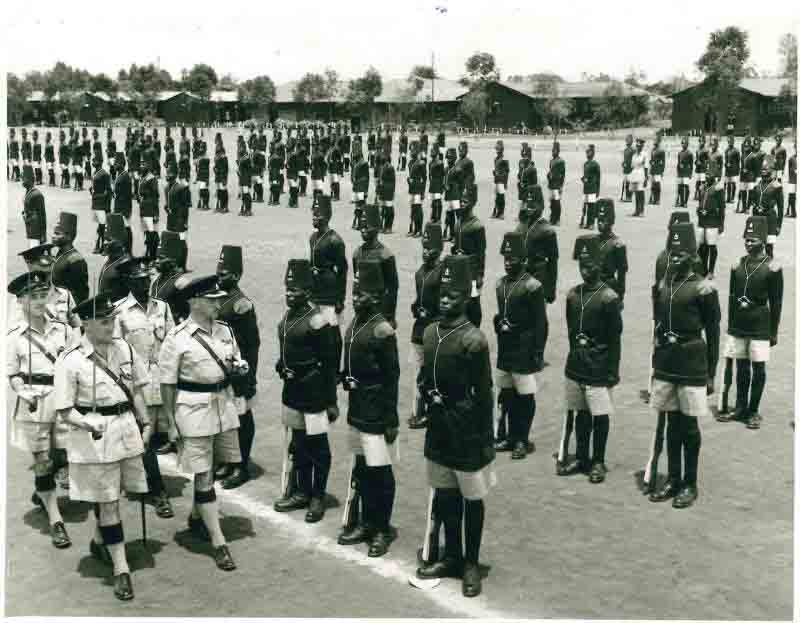
The mere mention of chang’aa conjures up images of black military boots bursting rickety wooden doors, guns and truncheons at the ready. So ingrained is this image in the psyche of many Kenyans that in some areas, the boots are simply called kabunja or ‘the breaker’.
And the most memorable wearers of these boots are not the men in blue but the men in jungle fatigues who have recently won the ‘honour’ of protecting Deputy President William Ruto’s official and private residences. These are the Administration Police officers, simply called APs.